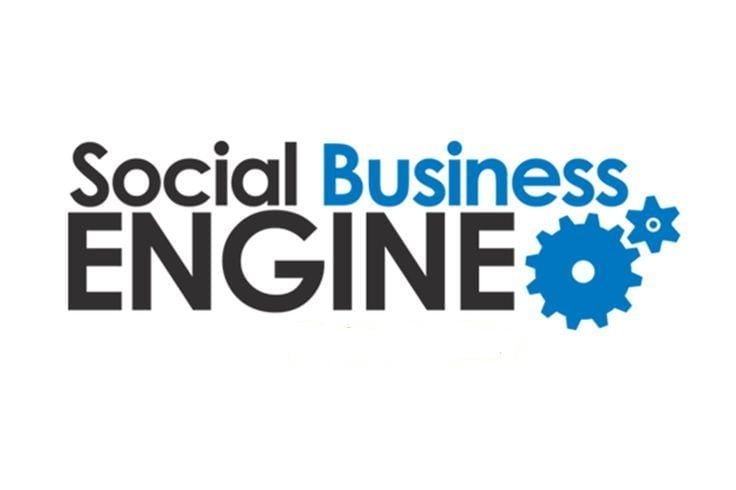Abhishek Shanbhag is Practice Head – Solutions and Co-Founder of Acuvate, a leader in building and deploying business productivity solutions that leverage AI, data, and analytics to allow employees to work more productively. Abhishek has consulted with clients globally to provide solutions on technologies such as SharePoint, Office 365, and Azure. He has worked with clients across multiple industry domains.
His current focus is artificial intelligence, chatbots, and machine learning, and their applications in the enterprise. Abhishek heads the solutions department, and his team is responsible for research of enterprise bots. This episode is a continuation of the topic of AI-powered conversations. Tune in to explore how chatbots can be developed and deployed in the enterprise.
The Role of Chatbots in the Enterprise
A chatbot is a piece of software that understands natural language and sits within messaging applications like text messages or Facebook Messenger. One example of a chatbot is sending a text message to check your current bank account balance. Chatbots can be used in B2B, B2C, or B2E (Business to Employee).
A bot can be a virtual member of the marketing team. Rather than logging into a marketing automation platform to run a report, a chatbot can quickly consult the data and answer questions faster than a human can. A bot can use predictive or prescriptive analytics to determine which campaigns you should run based on the time of year. A predictive analytics request would predict the outcome of a campaign, while a prescriptive analytics request is when you ask the bot for recommendations of actions. Bots are also useful to sales teams and can be connected to the CRM to relay relevant information. Tune in to hear how chatbots use predictive algorithms and data in a sales use case.
Implementing a Chatbot
Abhishek says that most customers initially have a misconfigured view of chatbots and the process of applying one. Due to advancements most of the technology is available in the cloud and makes developing one less complex. The brain of a bot can be built from established infrastructure.
A typical roadmap to rolling out a chatbot starts with defining the use cases for the bot. Abhishek points out that there is a journey which every organization has to go through when embarking on using chatbots and AI. Abhishek recommends not trying to finish a lot in that first step. It’s evolutionary, and you need to give the bot the opportunity to learn. Listen to episode 189 to discover how chatbots can be used in B2E.
Abhishek advises companies to get started with a bot that answers the first level of questions; these can be for HR, IT, or Marketing. He says to find the top 50 questions and program them into the bot. Doing so will help to free up employees’ time by answering those common questions.
My biggest takeaway from this conversation is the simplicity of implementing chatbots and how they can assist and save time by handling tedious tasks.
Episode Sponsor: Frost & Sullivan STAR
